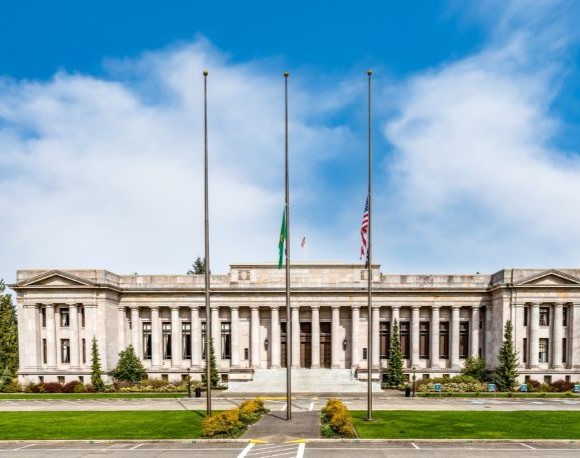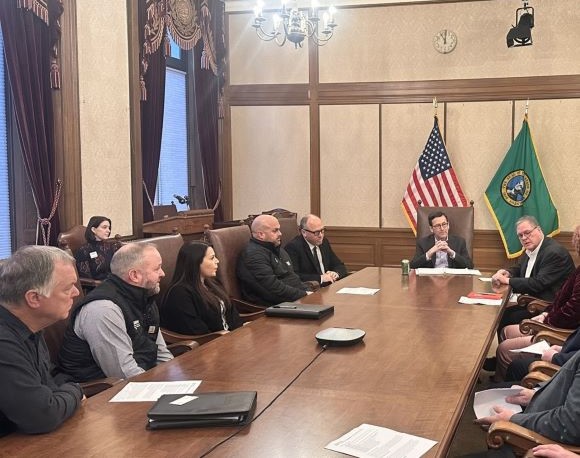May 5, 2025
A King County judge’s delay is creating uncertainty for builders across Washington who anxiously await an opportunity to appeal her ruling on Initiative 2066 to the Washington State Supreme Court.
Failure to act delays appeal
King County Superior Couty Judge Sandra Widlan ruled on the case on March 21, but has failed to enter a final order, intentionally delaying resolution for the two million voters who passed Initiative 2066. The Washington Attorney General’s Office and BIAW cannot file their appeal until Widlan enters her order.
“It’s highly irregular for a judge to take this long to enter a final order,” said BIAW Executive Vice President Greg Lane. “The only reasonable conclusion is the judge’s political bias against I-2066, and the fact that we are waiting to appeal her appalling ruling to the Supreme Court, is the reason she is refusing to file the order. But citizens deserve to have a hearing at the Supreme Court as fast as the courts allow.”
Initiative 2066, passed in November, protects natural gas as an energy choice.
Constitutional challenge keeps natural gas choice in limbo
Widlan, appointed to the bench by Gov. Jay Inslee, heard a constitutional challenge to I-2066 on March 21 and immediately issued an oral ruling in favor of the Plaintiffs.
Plaintiffs challenging the new energy choice law included Seattle, King County, two environmental groups, the solar energy association and a green builder.
Following her oral ruling, Widlan requested that the Plaintiffs draft a proposed order including arguments as to why I-2066 violates the constitution.
Highly unconventional
“The request to have Plaintiffs draft an argumentative order when proposed orders were previously submitted by each party prior to the hearing is unconventional, to say the least,” Lane said. “But everything about this case has been orchestrated very intentionally by those who want to ban natural gas, from the plaintiffs to Gov. Inslee and Judge Widlan. All are working collectively for the common goal to delay, as long as possible, the implementation of I-2066, the will of the voters.”
Law remains in effect until final order
Technically, laws ruled unconstitutional remain in effect until a final order in a case holding them unconstitutional is entered with the court.
“Ironically, that means I-2066 is currently still in effect,” Lane said. “However, most local jurisdictions have already reverted to enforcing the energy code that violated I-2066 by banning natural gas. Members building in a jurisdiction that was adapting to the changes of I-2066 prior to this hearing may be able to persuade building code officials to continue issuing permits in accordance with I-2066 until the judge finishes the final order and the court enters it.”
Immediate appeal planned
Once the court enters the final order, the state and BIAW plan to file a notice of appeal to the Washington State Supreme Court.
If a superior court judge rules a law unconstitutional, the case may bypass the intermediary courts of appeal and be taken on direct review by the Supreme Court.
Next steps
· Once a final order is entered in the superior court, parties seeking direct review of a superior court decision in the Washington Supreme Court must file a notice of appeal or notice of discretionary review directly to the Supreme Court.
· Within 15 days after filing the notice of appeal, the parties seeking direct review must serve on all other parties and file in the Supreme Court a statement of grounds for direct review.
· The Plaintiffs will then have 14 days to file their response to our statement of grounds for direct review.
· If the Supreme Court accepts direct review of the I-2066 case, the case may be set on the court’s calendar for the fall or winter. If the Supreme Court denies direct review, the case will be automatically transferred to the Court of Appeals for determination. (See Washington State Court Rules of Appellate Procedure 4.2)








